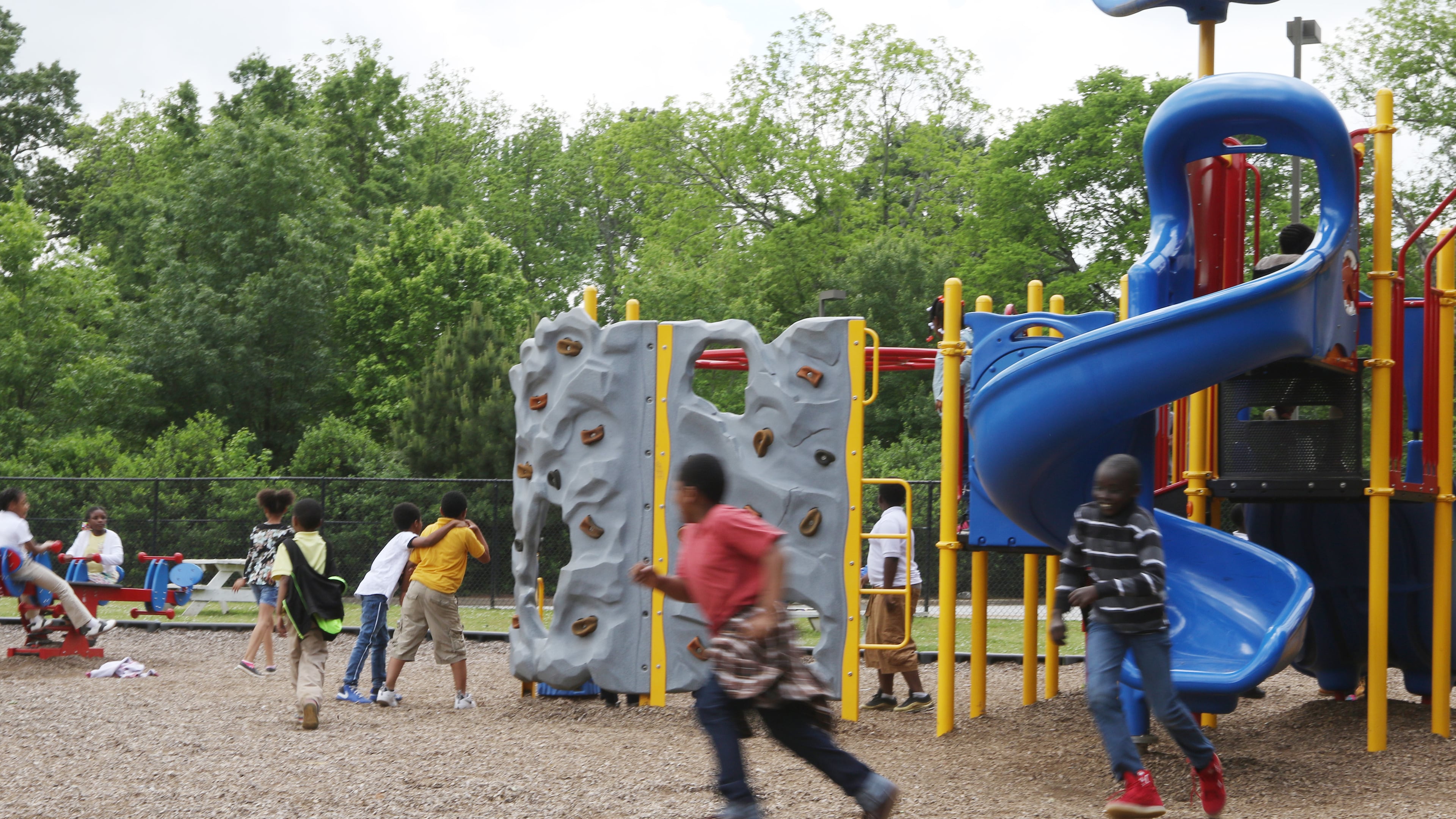Opinion: Protect and increase recess in Georgia schools

On the final day of the Legislature, lawmakers passed a bill mandating recess in Georgia schools. Similar legislation was approved in 2019 but Gov. Brian Kemp vetoed it, deeming the mandate too burdensome on schools.
The author of both bills is Rep. Demetrius Douglas, D-Stockbridge. He worked with Kemp’s office this year to shape a bill that would avoid another veto. As The Atlanta Journal-Constitution reported: “Unlike the prior bill, this new one does not prevent teachers from withholding recess as punishment for unruly behavior or for extra study time. It also doesn’t specify the duration of recess, which in the vetoed bill was an average of half an hour per day.”
In a guest column, educator Stacey Quinn-Kemp of Buford contends that recess should be longer than 30 minutes and never withheld as a punishment. A mother of two, Quinn-Kemp has served as a substitute teacher for eight years and is working on a master’s degree in elementary education at Georgia Southern University.
By Stacey Quinn-Kemp
Maria is at her desk pulling slime out of her backpack instead of reading, which is the current assignment. Later that afternoon, Maria is caught passing a note to her friend, and the teacher says, “That’s OK, now you can stay inside while the rest of the class goes outside for recess since you want to play now.”
This is an everyday occurrence in our classrooms. Students in Georgia have little social time to create meaningful relationships with friends. There are many convincing arguments that support extended recess, including that it fosters learning.

Over the last several years, recess has become shorter and shorter nationwide. Students are sitting at desks longer than they ever have before. Our classrooms are filled with students from all over the world, whose parents are often surprised to learn that recess is much shorter in America than in other countries.
Other cultures understand the need for mental breaks and time with friends. Finland, one of the top performing school systems in the world, provides 15 minutes of recess for every hour that children are in the classroom.
The United States has one of the shortest averages for recess in the world. Georgia now has no law that limits teachers from taking recess away. In the wake of COVID-19, the need is greater than ever for the mental health benefits and the building of connections with classmates that recess provides.
Many students with behavior challenges lose recess continuously. Students with disabilities, such as ADHD, often have their recess shortened or taken away. Pediatricians also stress the importance of recess, noting children learn negotiation, cooperation, sharing, and problem solving as well as coping skills, such as perseverance and self-control.
Recess allows students to create friendships that are important to their social and emotional development. Classrooms have recess together at one time, which allows time for meaningful relationships to be built. But this is a challenge in such a limited amount of time.
Limited recess does not align with higher achievement levels. In fact, it does just the opposite. Instead, extended recess shows that students produce higher levels of learning because they’re more attentive and better able to perform cognitively after a break and physical play.
Students should not be allowed to have recess taken away as a punishment for unfinished work or behaviors. Recess is a necessity for our students to enhance development, form friendships and learn lifelong skills. Recess should be longer and never allowed to be taken away.
We need to recognize that learning is not just done in a classroom. Recess can be engaging and full of learning opportunities. Let’s bring longer recess into our schools.

